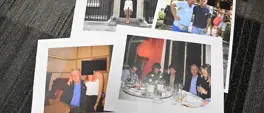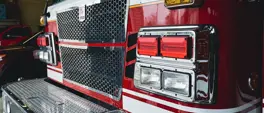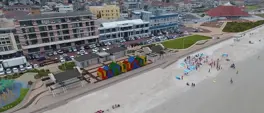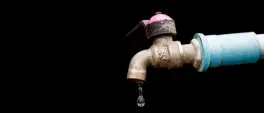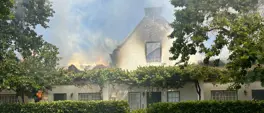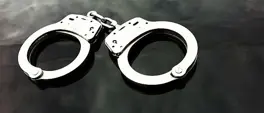CoCT on Milnerton Lagoon waste spillage: 'It's a very difficult problem to solve.'
Tasleem Gierdien
8 March 2024 | 13:47The City of Cape Town explains what's being done to alleviate smell and waste spill-over at Milnerton Lagoon.
Lester Kiewit speaks to Gregg Oelofse, a Manager at the City of Cape Town's Coastal Management about measures put in place to manage the "unpleasant smell" and waste spillage into the oceans, especially at Milnerton Lagoon.
Following a recent interview with Caroline Marx of Rethink The Stink, Marx mentioned the ongoing pollution issues with the rivers of Cape Town and Milnerton Lagoon caused by broken sewage systems.
RELATED: Milnerton Lagoon: 'No basic measures in place' to contain stink
Marx argued that the City's response lacked urgency and not enough is being done.
"No measure is in place to contain the spill into the lagoon. A real basic solution that isn't working which is frustrating - things that could be done don't seem to be treated with the urgency they deserve."
- Caroline Marx, Rethink The Stink
In response, Oelofse says that "it's a very difficult problem to solve" but the City is working on a long and short term plan to manage the waste spillage problem which is caused by an overload of waste into small systems which cannot cope.
"It's widely known and reported that the Milnerton Lagoon is under extraordinary pressure from pollution. It's a case of far greater volume of waste water coming from Potsdam Wastewater Works and the sewage or infrastructure system which is a small system."
- Gregg Oelofse, Manger - City of Cape Town
"When the amount of waste doesn't overwhelm the environment it's being released into, it can cope but Milnerton lagoon is a small river system which is overwhelmed by waste entering the system and over many years, we've seen the complete degradation of that river and ecosystem."
- Gregg Oelofse, Manger - City of Cape Town
As for the "unpleasant smell," bacteria stuck in the overworked sewage system is responsible.
"Waste water has high nutrients in them so it's like dumping huge amounts of fertilizer into a small system in massive loads all day long and it overloads the system in terms of bacterial growth which builds up and gets stuck in the system's sediments - so you have a vicious circle where you're continuously adding pollution but you've also got the pollution being held in the system's sediment that's supposed be released all the time."
- Gregg Oelofse, Manger - City of Cape Town
As for the other sewage networks in Cape Town, "the amount of waste water coming through is massive" and systems "can't cope", says Oelofse.
"Koeberg sewer pump expects 226 litres of waste per second but what they're measuring is 723 litres per second, that's thrice the amount planned for. So, when there are breakdowns, the system can't cope and discharges into the ocean directly."
- Gregg Oelofse, Manager - City of Cape Town
The solution...
Long term: the City is working on upgrades for all waste water networks to be able to take on waste loads we have.
Short term: The City is working to bring relief for the horrible smell in the area.
Scroll up to listen to the full conversation.
Get the whole picture 💡
Take a look at the topic timeline for all related articles.
